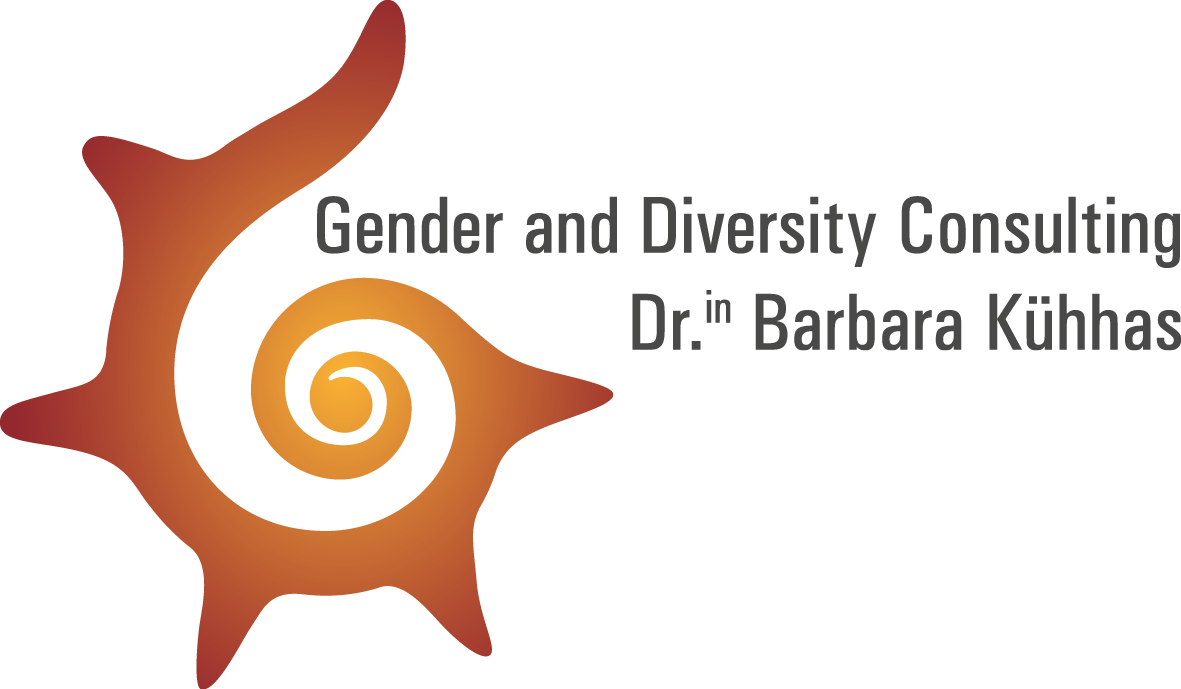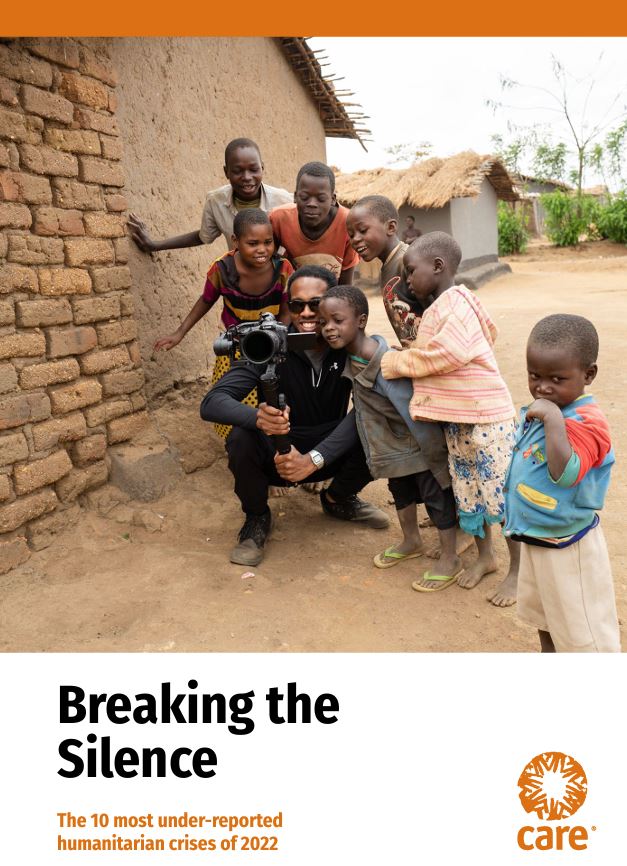What answers do the Guidelines for Feminist Foreign Policy and the Strategy for Feminist Development Policy provide?
May 3, 2023, 4:00 – 5:00 p.m.
Zoom, Language of event is English
Background:
All ten countries from CARE’s annual report Breaking the Silence that received the least media coverage last year were in sub-Saharan Africa. Women affected by a humanitarian crisis in any of these countries face mutually reinforcing forms of discrimination and oppression, both individually and structurally.
The Guidelines for Feminist Foreign Policy (Federal Foreign Office Germany) and the Strategy for Feminist Development Policy (German Ministry for Economic Cooperation and Development, BMZ) were published in early March, and the BMZ also presented a new Africa Strategy in January. We therefore want to ask the question: Do these new documents of the German government provide good answers to the question of how to sustainably improve the living situations and participation of women and girls in crisis and conflict countries?
Panel:
Nfomi Laura Berka is co-executive director of the Community Centre for Integrated Development (CCID) and country coordinator of the International Youth Alliance for Family Planning in Cameroon. From her experience on the ground, she knows what strategy papers can and cannot achieve in practical terms.
Birgit Pickel is Head of the Africa Division at the German Federal Ministry for Economic Cooperation and Development (BMZ) and has worked in international cooperation for over 20 years. She can give a first-hand account of what should and will change with the strategy papers at BMZ.
Stephan Auer has been the German ambassador in Addis Ababa since 2020. With more than 30 years of professional experience in German foreign policy, he knows how the guidelines on feminist foreign policy will now be brought to life in practice.
Chikondi Chabvuta is an Advocacy Advisor at CARE for the Southern Africa region and has many years of experience in managing non-profit organizations in the region. As a Gender in Emergency Expert, she is well versed in feminist, intersectional approaches and understands how frameworks need to be designed for good implementation.
Moderation: Ina Friese
Guiding questions for discussion:
- How feminist, intersectional and transformative are the new papers from BMZ and AA? How well do the approaches translate into practice?
- What does intersectional work by local organizations in crisis areas and fragile contexts look like and what support do they demand from Germany as a donor in this work?
- What do we have to do differently in order to find ways out of complex crisis situations? Do we – donors and implementing international organizations – question enough how we deliver aid?
We would be delighted to welcome you to this event. After the moderated panel discussion, there will also be an opportunity for audience questions.
Please register at this link.

